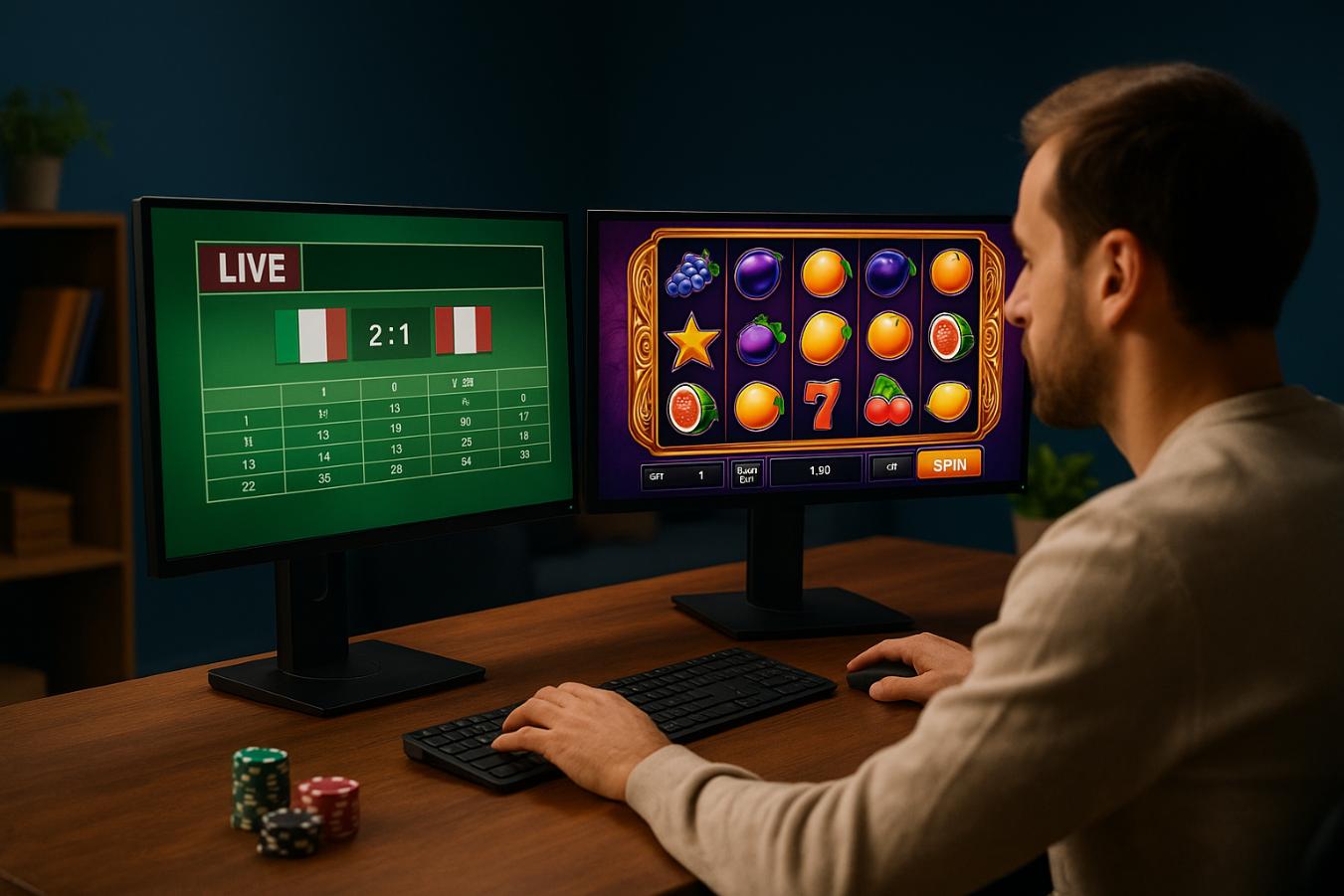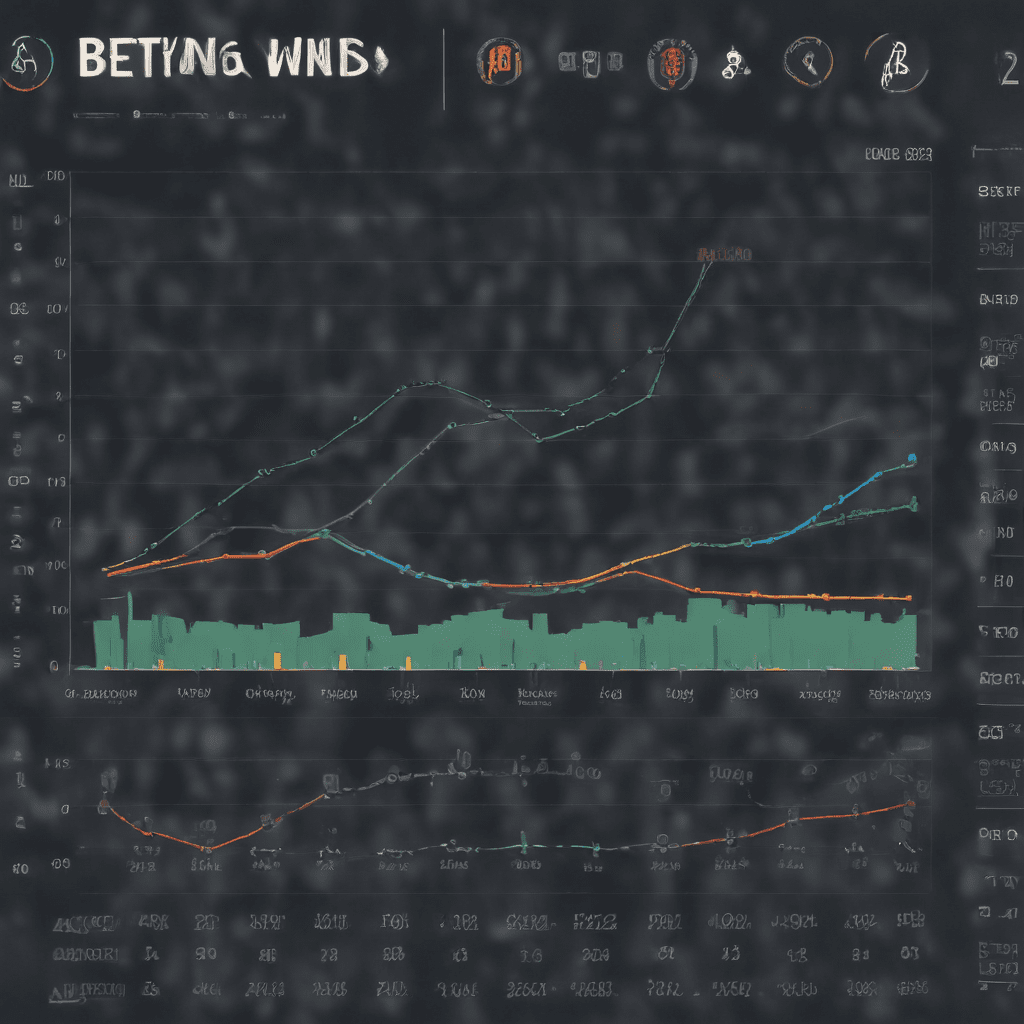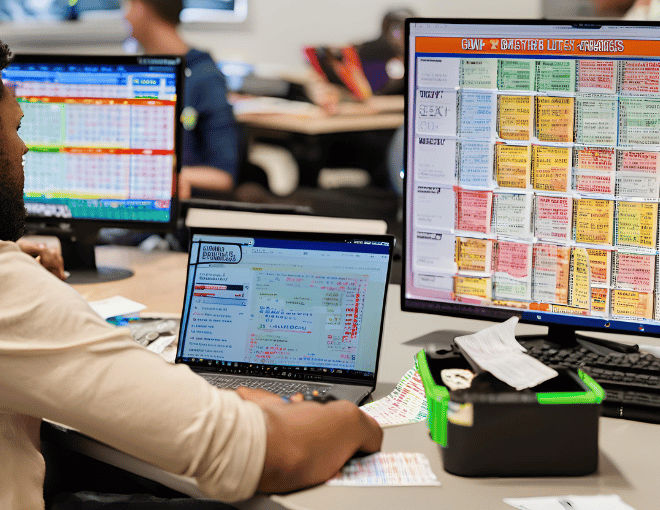Why Bitcoin Casinos Are Becoming the Go-To Choice for Serious Sports Bettors in Switzerland
Over the past decade, cryptocurrency has transformed from a fringe concept into a vital part of many financial ecosystems. Bitcoin, the leading cryptocurrency, is now reshaping the way sports bettors place wagers, settle wins, and manage funds online. In Switzerland, where live sports betting is a popular pastime, the rise of Bitcoin-based gaming sites is creating a notable shift. This change is driven by a simple truth: when seconds matter and odds shift fast, payment speed can decide profits.
Swiss bettors looking for fast, reliable gaming options are increasingly turning to Bitcoin Casinos Schweiz as their platform of choice. These platforms combine the thrill of sports betting with the efficiency of cryptocurrency, helping players avoid the typical banking delays that can cost both time and money. The benefits of using Bitcoin for sports wagers extend beyond speed; they provide an entire new layer of financial flexibility that traditional payment methods cannot match.
Why Speed Matters During Live Betting

Bitcoin Casinos Schweiz continue to offer Swiss bettors a dynamic and responsive way to engage with their favorite sports while keeping financial matters quick and straightforward.
Live sports betting has become one of the most engaging forms of wagering. Whether it’s football, tennis, or basketball, live odds can change within seconds. A fraction of a delay during a deposit or withdrawal can mean the difference between capitalizing on a favorable bet and watching opportunity slip away. Bitcoin transactions are processed quickly, often within minutes, and without the need for intermediaries. That means players can fund their accounts and place bets almost instantly.
This speed is especially helpful during peak moments, such as the closing minutes of a tight match or during a sudden shift in momentum. Traditional banks and payment processors may take hours or days to clear transfers, particularly for large amounts or international transactions. Bitcoin avoids these delays, giving players the confidence to act fast when it matters most.
Reducing Friction with Cryptocurrency
Friction in financial transactions can take many forms. It might be a long wait for funds to clear, extra verification steps, or limits imposed by banking institutions. For serious bettors, these obstacles are more than an irritation; they can be costly. Bitcoin’s decentralized design removes several barriers that slow down traditional payments. There is no central authority approving or denying a transaction. Instead, the network verifies transfers through cryptographic consensus, which happens quickly and efficiently.
In addition to speed, Bitcoin brings simplicity. Players don’t need to deal with multiple layers of authentication required by banks or e-wallets. After an initial setup, transfers are smoother and less prone to error. This streamlined experience is one of the reasons Bitcoin casinos are gaining ground among Swiss sports bettors who value seamless financial control.
Privacy and Control for Bettors
Another compelling factor for serious bettors is the privacy that Bitcoin offers. Traditional sportsbooks require detailed personal and financial information. This data is necessary for compliance, but it can feel intrusive and increase risk. Bitcoin transactions, by contrast, involve only wallet addresses. Users maintain control over how much information they share. This level of privacy appeals to many players who want to keep their betting activities discreet and secure.
In Switzerland, where privacy is culturally significant and financial autonomy is highly valued, this aspect of Bitcoin resonates with many bettors. While legal and regulatory frameworks still apply, Bitcoin transactions themselves do not expose sensitive banking details. For seasoned bettors who place large or frequent wagers, this is an advantage that enhances their overall gaming experience.
Cost Advantages Over Traditional Methods
Fees can eat into a bettor’s profits. Bank transfers, international payments, and credit card charges all come with costs. Bitcoin reduces or eliminates many of these fees. There are network transaction costs, but they are often lower than traditional banking fees, especially for cross-border transactions. This is another reason why serious bettors are gravitating toward Bitcoin-based platforms. They can keep more of their winnings and avoid excessive charges that diminish their return on investment.
Lower transaction costs also encourage more frequent betting. When deposits and withdrawals are inexpensive, bettors can experiment with different strategies and respond to live events without hesitation. The financial flexibility afforded by Bitcoin opens up new possibilities for engaging with live sports markets.
Read also: No Limit Roulette UK – High-Risk, High-Reward Gambling
Growing Acceptance and Future Trends
The growing number of Bitcoin casinos in Switzerland reflects a broader trend of digital adoption. While traditional sportsbooks remain popular, more platforms are integrating cryptocurrency options to meet market demand. This adoption is not just a passing fad; it’s a response to clear bettor preferences for speed, privacy, and control.
Industry analysts observe that as sports betting becomes more competitive, platforms that offer fast and flexible payment methods will have an edge. Bitcoin fits this demand well. Even outside of sports, cryptocurrency is becoming an accepted form of payment for goods and services worldwide. In the context of sports wagering, its appeal is particularly strong for those who value real-time financial capability.
Conclusion
For serious sports bettors in Switzerland, Bitcoin casinos are not just a novelty. They deliver a combination of speed, efficiency, and financial autonomy that traditional sportsbooks struggle to match. Instant deposits and fast withdrawals can be game changers during live betting, where timing and momentum are everything. As the ecosystem grows and more players recognize these advantages, Bitcoin-based platforms are likely to become an even more prominent fixture in Swiss sports betting. The ease and control provided by Bitcoin casinos make them a compelling choice for anyone looking to enhance their betting strategy in a fast-paced digital world.
Bitcoin Casinos Schweiz continue to offer Swiss bettors a dynamic and responsive way to engage with their favorite sports while keeping financial matters quick and straightforward.








 Togel, a popular lottery-based betting game in Indonesia, is a favorite pastime for many betting enthusiasts. Over the years, the rise of Togel terpercaya (trusted Togel platforms) has provided a more secure and reliable environment for those looking to engage in sports betting. The appeal of these platforms comes from their reputation for fairness, transparency, and a commitment to protecting user data. For Indonesian sports fans, this trusted approach to betting offers a sense of safety and excitement.
Togel, a popular lottery-based betting game in Indonesia, is a favorite pastime for many betting enthusiasts. Over the years, the rise of Togel terpercaya (trusted Togel platforms) has provided a more secure and reliable environment for those looking to engage in sports betting. The appeal of these platforms comes from their reputation for fairness, transparency, and a commitment to protecting user data. For Indonesian sports fans, this trusted approach to betting offers a sense of safety and excitement.






 In our search for a trustworthy online crypto casino, we came across a Curacao-licensed brand called Jackbit, which offers crypto slots and a virtual
In our search for a trustworthy online crypto casino, we came across a Curacao-licensed brand called Jackbit, which offers crypto slots and a virtual  Generally, Jackbit customers are required to use the money in their account as wager for 3 times at the least. Otherwise, failing to apply the withdrawal requirement of at least 3x, will result in the payment of fees.
Generally, Jackbit customers are required to use the money in their account as wager for 3 times at the least. Otherwise, failing to apply the withdrawal requirement of at least 3x, will result in the payment of fees.









 Judi Bola Online with Emasbet
Judi Bola Online with Emasbet

